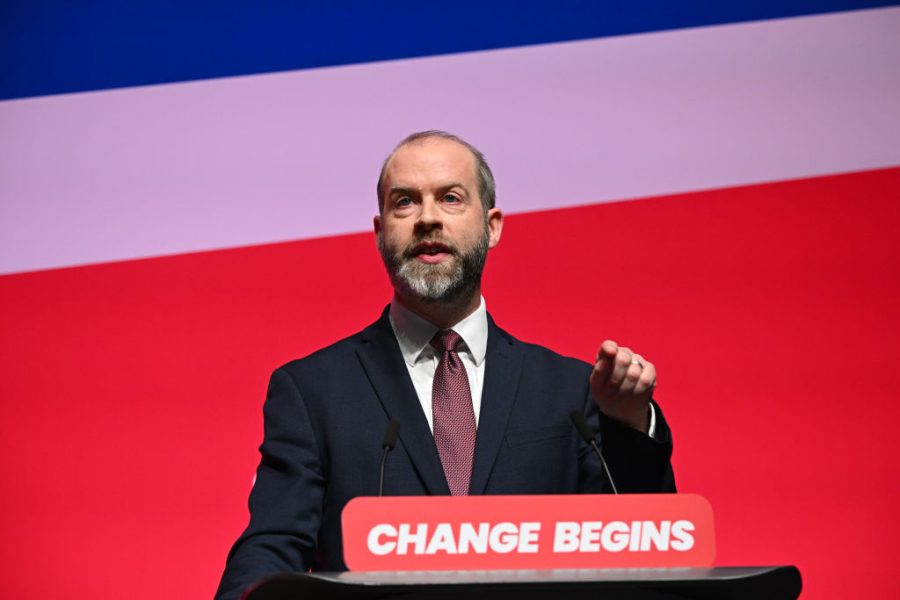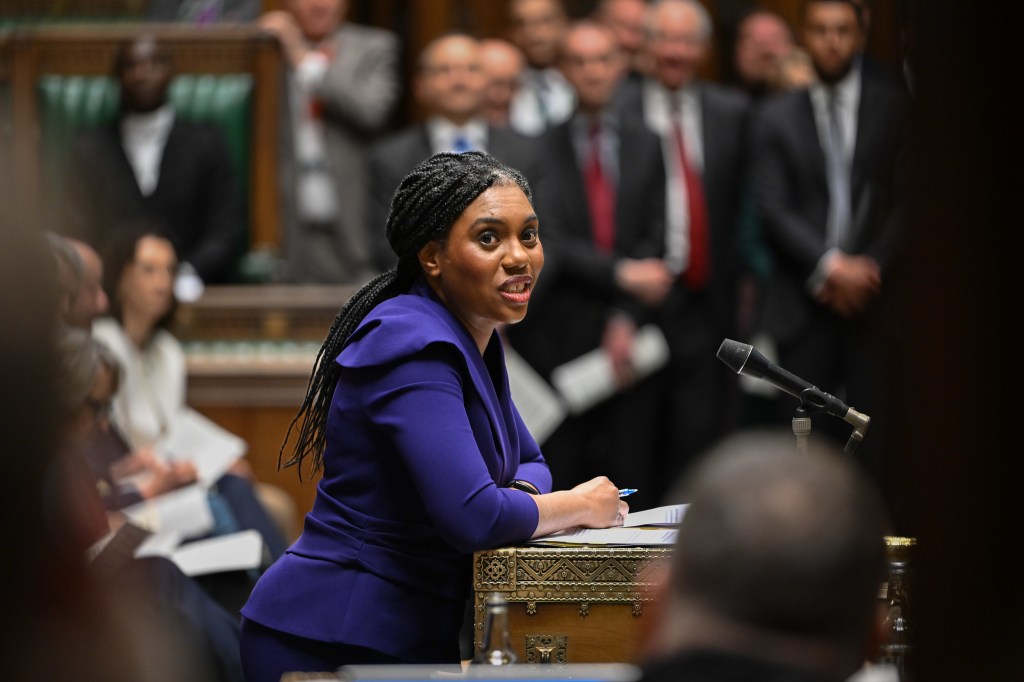Have you learned anything about this Labour government from the conference speeches so far? Chancellor Rachel Reeves’ address to the hall in Liverpool this lunchtime was an announcement-free zone, and the same is true of all the other ministers who have got up to speak so far. All of them have followed the same format: attack the Tories and say things were so much worse when Labour came into office than expected, then move onto listing what the government is doing in very general terms, and then appeal to the party to work with the minister to get this done.
This strategy allows the party to have a victory lap and to point out what it is already doing
Business secretary Johnny Reynolds, for instance, told the hall that: ‘What I found, when I walked through the door of my department on 5 July was a mess left by Conservative ministers who had simply ceased to govern… The Conservative overspending – that £22 billion black hole in the Treasury reserve – put at risk things that could not be more important to the British people: money for the steel industry, compensation for postmasters.’
He then went onto explain what being a ‘government of service is all about’, including a plan for small business, business rates, measures on high streets, industrial and trade strategies and the ‘new deal for working people’. He did not provide any further details as to what any of those might entail, merely making an argument for why the workers’ rights package was important. Reynolds ended his speech by saying: ‘The task ahead of us is a big one. It will be difficult at times. No one else can change this country. So I say let’s accept the challenge and get on with the job.’
Similarly, early on the transport secretary Louise Haigh had a lengthy passage on the ‘age of privatised chaos’ under the Tories and then a section on the ‘first Bill of this new Labour government we worked so hard to elect’, which is ‘a Bill to bring our railways back into public ownership’. She listed the other things she was doing, including powers for local areas to run bus services, and then had the same call to action for the party, saying ‘together we will fix the foundations of this country’.
I could go on, but you get the picture. There’s nothing wrong with this strategy of not saying anything new: it allows the party to have a victory lap and to point out what it is already doing. There is also clearly an appeal in all of these speeches from ministers to activists to keep the faith and help the party realise these reforms.
But the problem with not announcing anything new is that there is no new focal point for the conference. Firstly, that means attention remains on the row about Downing Street dysfunction and freebies. Secondly, it gives the impression that Labour has run out of puff already, having achieved the massive task of winning the election. Keir Starmer will speak tomorrow; perhaps the other speeches have been restrained to make as much space as possible for his own big announcement. Or perhaps we will leave that address still wondering if Labour actually doesn’t know what it wants to do.
Listen to Coffee House Shots:








Comments